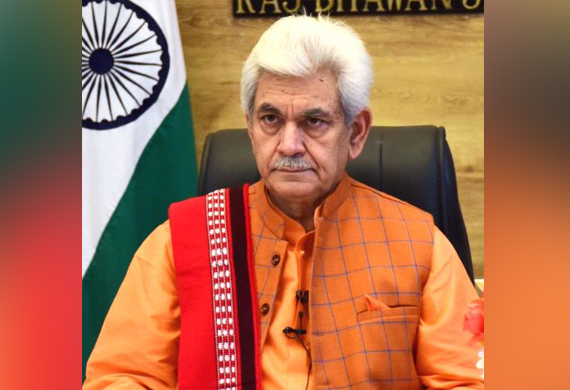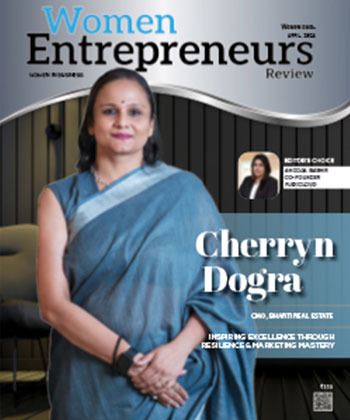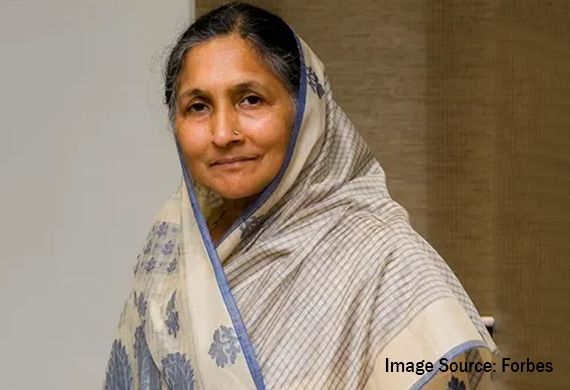
J & K Govt. Promotes Gender-Inclusive Ecosystem to Enable Women to Gain Better Access to Education & Economic Growth
By: WE Staff | Monday, 23 May 2022
The government of Jammu and Kashmir has taken a number of steps to promote a gender-inclusive ecosystem in the Union Territory, ensuring that women have better access to education and socioeconomic development.
The government of Lieutenant Governor Manoj Sinha is giving J&K women every opportunity to advance and succeed in all aspects of life, ensuring their equitable participation in development efforts.
The administration is going to great lengths to ensure that women in the UT have social and economic equality, which is critical for the state's quick growth and development.
Women's empowerment and equal participation in technical fields are critical to the development of a robust community, a resilient state, and a stronger country. For the first time in history, the government made the historic judgement that the spouse of a Jammu and Kashmir resident is likewise considered a resident.
Previously, spouses of Permanent Resident Cardholders were regarded equally, although domiciles were not. The Jammu and Kashmir government amended the J&K Grant of Domicile Certificate (Procedure) Rules, 2020 in this regard, allowing the spouse of a local woman married outside the Union Territory to seek for a domicile certificate.
The order also changed how the domicile criteria applied to all levels of government posts in Jammu and Kashmir, as the newly inserted clause was included into the Jammu and Kashmir Civil Services (Decentralization and Recruitment) Act.
The Lieutenant Governor recently noted, during a meeting with members of Jammu and Kashmir's first women cycling club, 'Women do Ride,' that the government is taking aggressive steps to build facilities to promote women's engagement in governance, business, and other areas.
He valued women's contributions to society, describing their complete empowerment as a game changer in the UT's developing world. The government of J&K is taking steps to ensure that our girls have the requisite knowledge, skills, and self-confidence to participate in all levels of government.
The AICTE's scholarship programme, as well as UT government initiatives such as Hausla, Tejaswini, Umeed, LG Super 75, Parvaaz, and Mumkin, are among of the government's key efforts to empower women and close the gender gap.
The J & K administration is concentrating on the successful execution of policies and programmes geared toward women's liberation, which is a prerequisite for the UT's progress and prosperity.
Women's skill training and reskilling are being prioritised so that they can participate equally in future economic prospects. Collective efforts are bearing fruit, and it's worth noting that there were 94 gold medalists at Kashmir University's convocation in 2021, with 77 percent of them (66) being female.
Similarly, the majority of gold medalists at the Islamic University of Science and Technology's convocation were women, demonstrating women's empowerment.
The J & K government has made progress in increasing industry-academic cooperation as well as student skill development at the higher secondary level.






